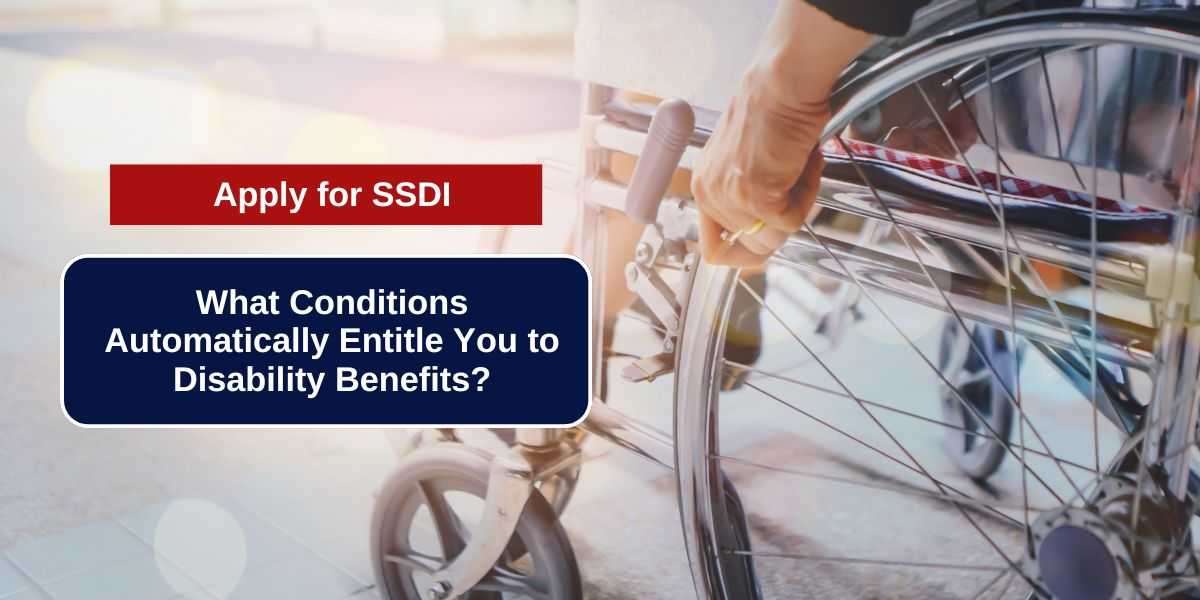Understanding SSDI
SSDI, or Social Security Disability Insurance, is a federal program run by the Social Security Administration (SSA). It provides monthly benefits to people who can no longer work due to a disability, as long as they’ve worked enough and paid Social Security taxes in the past. To qualify, you need to meet specific work history and medical requirements.
The Application Process
Even if your condition qualifies for faster review, you still have to go through the formal application process. This includes submitting all the necessary medical records and proof of your disability. Having a qualifying condition can help speed up the process, but it doesn’t mean you’ll get instant approval.
For example, a study in 2017 found that applicants who had to appeal a denial waited an average of 27 months for a final decision. This long wait can be tough, especially when you need financial help urgently. The SSA recognizes this and offers faster processing for conditions that are likely to qualify for SSDI. Sometimes, a clear diagnosis can lead to quicker approval.
Faster Approvals
If your condition qualifies for expedited review, the SSA can approve your disability claim with less documentation. In these cases, they won’t need to look deeply into your age, work history, or abilities. This simpler process helps you get approved faster and start receiving benefits sooner.
What Conditions Qualify?
While the SSA doesn’t provide a complete list, conditions that are severe, terminal, or involve specific mental health issues often qualify for quicker review. If you think your condition might qualify, it’s a good idea to do some research and seek help from a professional who can guide you through the process.
Though the SSDI approval process can take time, having a qualifying condition may speed things up significantly. An expedited review could mean you receive the financial support you need more quickly. However, patience is still important. With the right information and professional assistance, you can improve your chances of a faster approval.
Conclusion
Applying for SSDI can be complicated, but understanding which conditions automatically qualify for benefits can make it easier to figure out if you’re eligible. Whether you’re dealing with a severe physical disorder, a mental health issue, or another serious condition, it’s important to know the requirements and carefully prepare your application. Staying informed and following the right steps can increase your chances of getting the support you need during this challenging time.
Final Words
What conditions automatically qualify for SSDI benefits?
Conditions like severe osteoarthritis, schizophrenia, congestive heart failure, amyotrophic lateral sclerosis (ALS), chronic obstructive pulmonary disease (COPD), and advanced kidney disease typically qualify for SSDI benefits.
How long does it take to process an SSDI application?
The processing time for an SSDI application can vary but usually takes several months. The complexity of your case and the SSA’s workload can influence how long it takes.








